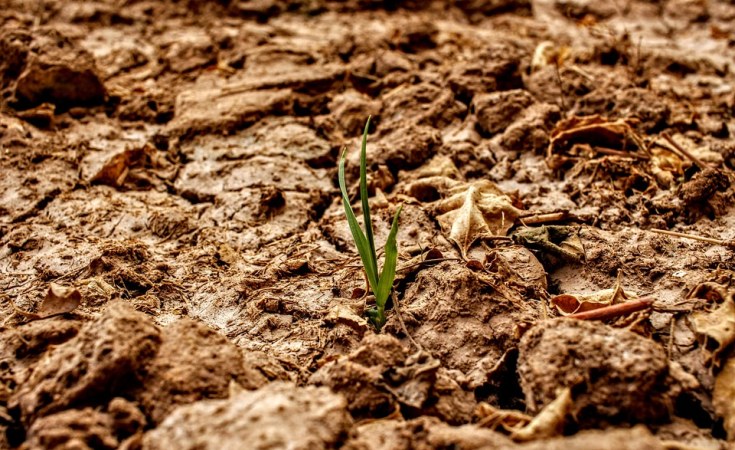Failure to invest the bare minimum needed to withstand projected climate damage could cost China, Nigeria and other emerging markets a whooping $377 billion in climate damages and lost gross domestic products (GDP) growth this decade, a new study by Standard Chartered has revealed.
The report, tagged, "The Adaptation Economy," which investigates the need for climate adaptation investment in 10 markets - including Nigeria, China, India, Bangladesh and Pakistan - reveals that, without investing a minimum of USD30 billion in adaptation by 2030, these markets could face projected damages and lost GDP growth of $377 billion: over 12 times that amount.
"Examples of climate adaptation projects include the creation of coastal barrier protection solutions for areas vulnerable to flooding, the development of drought-resistant crops and early-warning systems against pending natural disasters, "it stated.
Nigeria, the report stressed, is among the top 5 countries to benefit the most from adaptation investment
According to the report, "Among the 10 markets in the study, Nigeria is projected to Nigeria significantly from the adptataion investment. Leading the pack is India, which will benefit the most from adaptation investment. The market would require an estimated $11billion to prevent climate damages and lost growth of $135.5 billion in a 1.5°C warming scenario - equal to a thirteen-to-one return for the Indian economy of investment in climate adaptation. Meanwhile, China could avoid an estimated cost of $112 billion by investing just USD8 billion. And Nigeria could avoid costs of an estimated $19.9 billion by investing $1.5 billion in adaptation.
"Even if the world's nations manage to achieve the goals of the Paris Agreement, measures to adapt to climate change must be pursued alongside the global decarbonisation agenda, with the banking sector having a critical role to play in unlocking finance. The $30billion investment required for adaptation represents only slightly more than 0.1 per cent of combined annual GDP of the 10 markets in the study and much less than the estimated $95 trillion emerging markets require to transition to net zero using mitigation measures."
The report also surveyed 150 bankers, investors and asset managers and found that, currently, just 0.4 per cent of the capital held by respondents is allocated to adaptation in emerging markets where investment is needed most.
"However, 59 per cent of respondents plan to increase their adaptation investments over the next 12 months. And on average, adaptation financing is expected to rise from 0.8 per cent of global assets in 2022 to 1.4 per cent by 2030, "it added.
Commenting, the Chief Sustainability Officer, Standard Chartered, Marisa Drew, said:"This report makes it clear that irrespective of efforts to keep global warming as close to 1.5C as possible we are going to have to incorporate climate-warming effects into our systems and adapt to its reality.
"All nations will need to adapt to climate change by building more resilient agriculture, industry and infrastructure, but the need is greatest in emerging and fast-developing economies with a disproportionate risk of exposure to the negative effects of rising temperatures and extreme weather."


